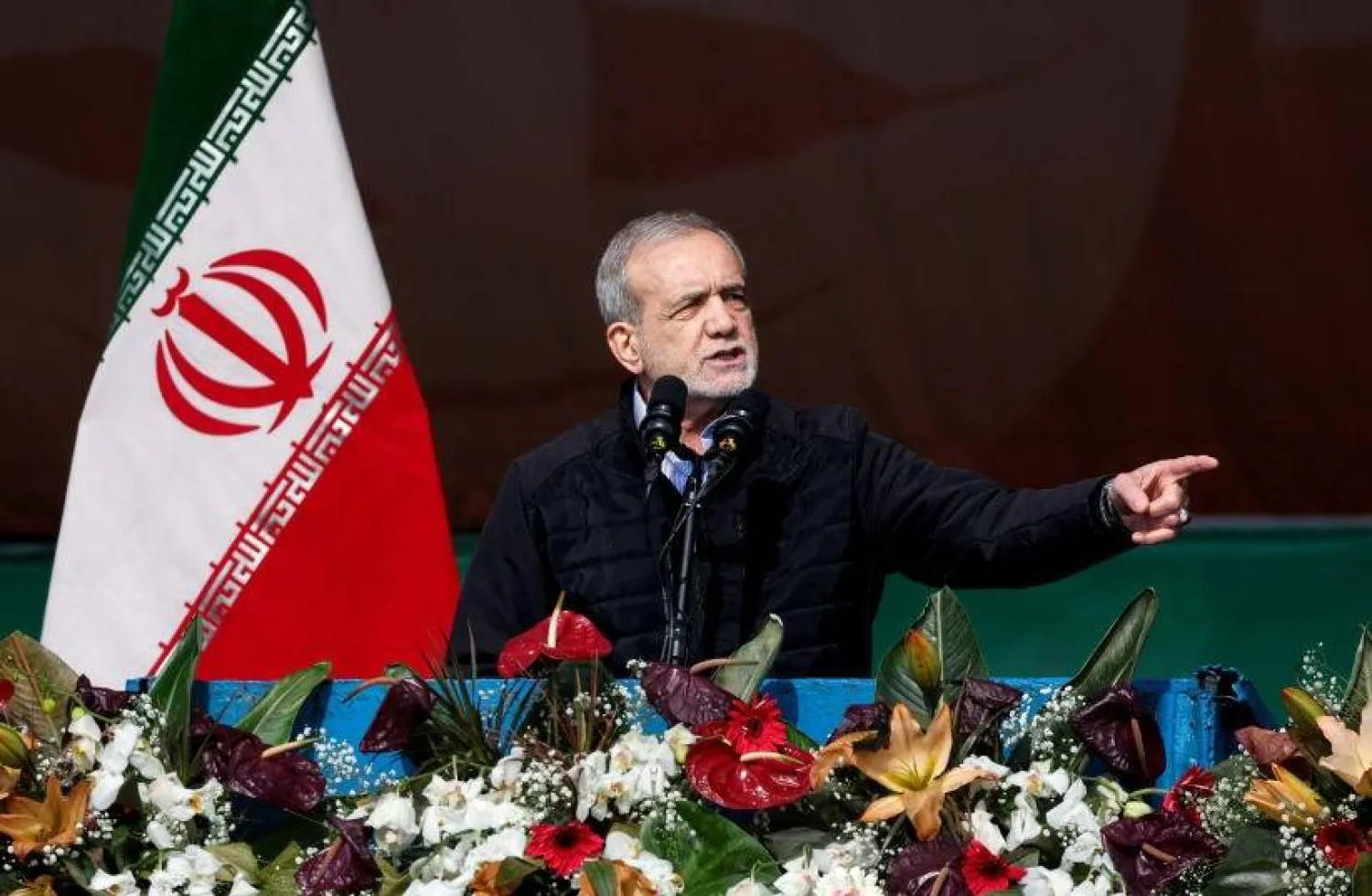US President Donald Trump predicted on Monday that Washington would make a deal with Iran to prevent it from developing its nuclear program, but added that Tehran is very frightened because its defenses have been allegedly destroyed in an Israeli strike last year.
In an interview with Fox News, Trump said Iran's military vulnerabilities appeared to have left it in a weakened position, making negotiations more appealing than confrontation.
He said he prefers diplomacy over military escalation. “I'd much rather see a deal with Iran where we can do a deal, supervise, check it, inspect it,” he stated, adding that Israel will not attack Iran if an agreement is reached between Washington and Tehran.
“Iran is very concerned. Iran is very frightened, to be honest with you, because their defense is pretty much gone,” Trump said.
“Everybody thinks Israel - with our help or our approval - will go in and bomb the hell out of them,” Trump said, stressing that Israel would need US support for such a strike.
In Tehran, President Masoud Pezeshkian continued to sharply criticize the US, while hardline newspapers applauded his speech marking the anniversary of the 1979 revolution on Monday.
In reference to the order that Trump signed last week to design new sanctions on Iran, Pezeshkian said, “Those who engage in bullying, massacres, and provision of weapons of mass destruction to those who kill innocent people are the ones initiating war and bloodshed.”
“Only in peace and harmony can we truly host and welcome each other,” he said.
“Iran is doing outreach in the region and also globally, seeking more peaceful relations,” he remarked. “If the US were sincere about negotiations, why did they sanction us?”
He said Tehran “does not seek war...but will not yield to foreign pressure.”
On Friday, Iran's Supreme Leader Ali Khamenei said talks with the US were “not smart, wise, or honorable,” but he stopped short of renewing a ban on direct talks with Washington decreed during the first Trump administration in 2018.
Echoing Khamenei’s statement, the parliamentary National Security and Foreign Policy Committee said on Monday: “Negotiation with the US is not prohibited but has proven irrational and damaging.”
The Ham-Mihan newspaper said: “Pezeshkian’s speech supports the Supreme Leader’s position on Trump.” In its editorial, the Arman Amroz newspaper described Trump as a “crazy delusional.”









